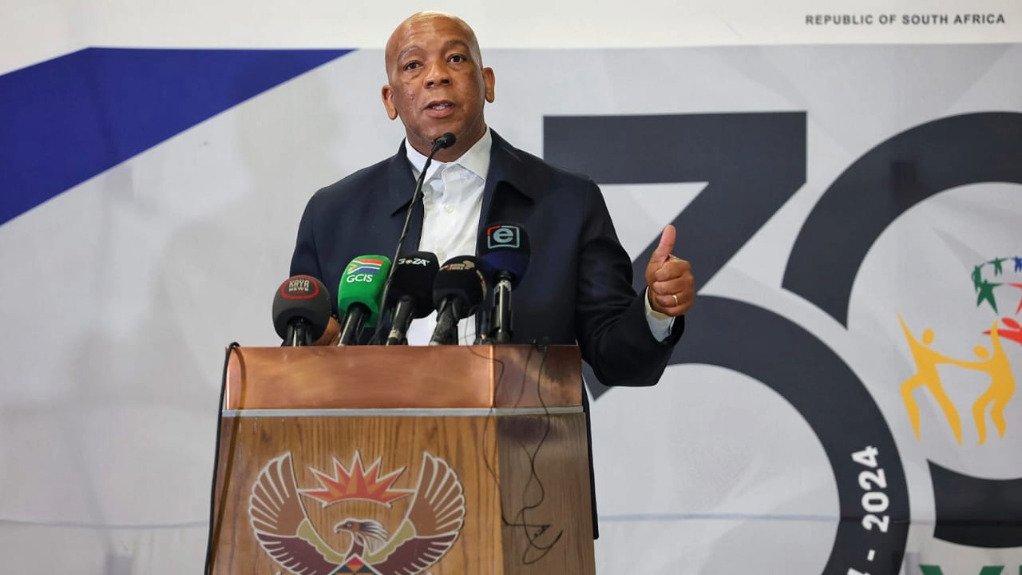The G20 Energy Transition Work Group will have its inaugural meeting this week to discuss the energy priorities that South Africa is seeking to place on the international agenda during its G20 presidency.
Electricity and Energy Minister Dr Kgosientsho Ramokgopa has confirmed that the meeting will take place virtually on February 27 and 28 and will be attended by senior officials from all G20 countries, including a senior official from the US Department of Energy.
America, which is due to assume the G20 presidency from South Africa in December, has raised concern over South Africa’s overarching G20 theme of ‘Solidarity, Equality, Sustainability’ and US Secretary of State Marco Rubio did not attend the G20 Foreign Ministers’ Meeting in Johannesburg last week.
This despite the fact that the US, Brazil, which held the presidency in 2024, and South Africa are the so-called troika currently leading the G20.
This week’s Energy Transition Work Group meeting is the first of four meetings scheduled in the run up to the G20 gathering in Johannesburg in November.
In-person meetings are also meant to take place at various venues in South Africa on April 30 to May 2, July 29 to 31 and September 23 to 26.
The September meeting, which is likely to take place at the Kruger National Park, is also meant to include a day of Ministerial-level meetings.
Ramokgopa reports that South Africa has proposed three energy priorities, including:
- energy security and affordable, reliable access;
- Just, affordable and inclusive energy transitions; and
- African interconnectivity and energy pool.
He acknowledges that there could be disagreements on the priorities, particularly in relation to the so-called just energy transition (JET), which South Africa championed in the run up to the Glasgow COP in 2021, which culminated in the JET Partnership.
To date, some $13.8-billion in pledges have been made in support of South Africa’s JET implementation plan, including by the US.
However, President Donald Trump’s administration is currently reviewing all foreign aid, which could affect the $1.06-billion currently pledged to support South Africa’s transition in the form of concessional loans and grants.
South Africa will, thus, seek to minimise areas of contestation in the interest of ensuring that they do not become an impediment to the eventual signing of a Ministerial Communique that builds on the Brazil declaration.
“We will be seeking to stay away from areas that could polarise the conversation and potentially render our presidency ineffective,” Ramokgopa explains.
South Africa has appointed the South African National Energy Development Institute (Sanedi) as the secretariat for the Energy Transition Work Group, with the technical team being coordinated by seasoned Department of Mineral Resources and Energy official Thabang Audat.
Sanedi CEO Dr Titus Mathe reports that the secretariat is currently integrating the lessons and declarations that emerged from Brazil and is also being set up to ensure continuity after the Johannesburg gathering.
EMAIL THIS ARTICLE SAVE THIS ARTICLE ARTICLE ENQUIRY FEEDBACK
To subscribe email subscriptions@creamermedia.co.za or click here
To advertise email advertising@creamermedia.co.za or click here











